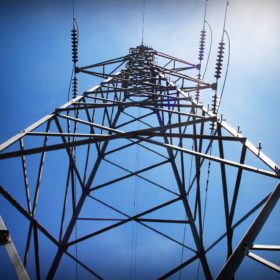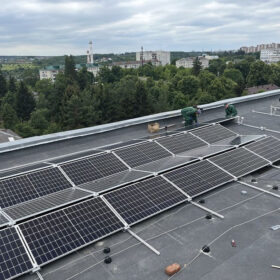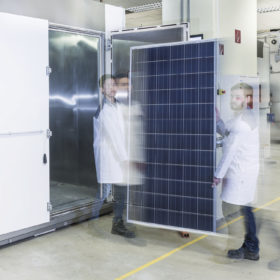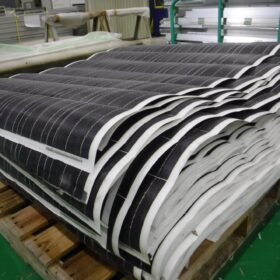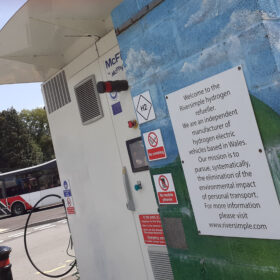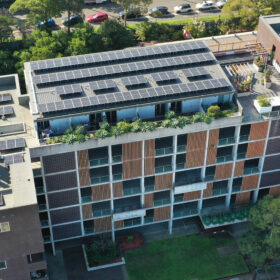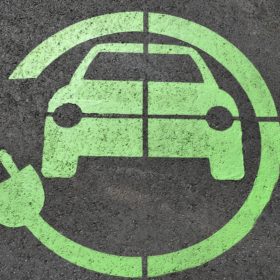What can Western utilities learn from emerging-market peers?
While electric companies in the Global North wrestle with how to keep the lights on as ever bigger solar and wind park capacities come online, developing-world utilities are experimenting with new ways of working and transforming the relationship between themselves and millions of new customers.
Weekend Read: Planning a Hamba-lution
As the global North ponders e-mobility dilemmas such as how to source sufficient materials to meet electric car demand, fresh evidence has emerged of how solar can decarbonize transport and farming in Africa.
Greenpeace notes widespread greenwashing among fossil fuel companies
A new report published by environmental campaign group Greenpeace analyses financial statements from 12 major European headquartered oil companies. The study finds that, despite many public claims to be participating the energy transition, both the current activities and future investment plans of these companies are dominated by fossil fuels.
Weekend Read: ‘Please open your wallets’
Donations of cash and solar equipment have thrown a lifeline to schools, hospitals, and communities in Ukraine but the country needs much more, including long-term backing for the recovery of its industry, reports Ian Skarytovsky.
Deployment trumps manufacturing in EU priorities
A lack of clear policy support, raw material dependency, and higher production costs are inhibiting the localization of European solar manufacturing, despite strong demand.
China plans recycling system for wind turbines, solar panels
China will introduce technical standards and policies for the wind and solar industries to recycle their decommissioned equipment by 2030.
Advancing circular economy in photovoltaics: The Hot Knife PV module recycling method
Recycling is of significant importance in a circular economy, yet some challenges have to be faced when recycling PV modules. The novel Hot Knife method to separate the crystalline silicon photovoltaic module front glass from the backsheet contributes only a few permill to the life cycle related potential environmental impacts of PV electricity.
Green hydrogen offtakers can shape the industry’s development
With strong government backing; a systems approach to development that views each component of hydrogen production and delivery as a whole; and growing demand, Australia could be on track for a commercially viable green hydrogen industry by 2030.
A simple way to bring solar to multi-family apartments
Offering solar savings to apartment dwellers, and particularly renters, is not a simple task – as low take-up in Germany has demonstrated. Mel Bergsneider, from Australian startup Allume Energy, explains how a product offered by her company could change all that.
The EV station forecourts of the future
With electric vehicles (EVs) changing the face of motoring, Dover Fueling Solutions’ Lise-Lotte Nordholm considers what the service stations of the future could look like.
